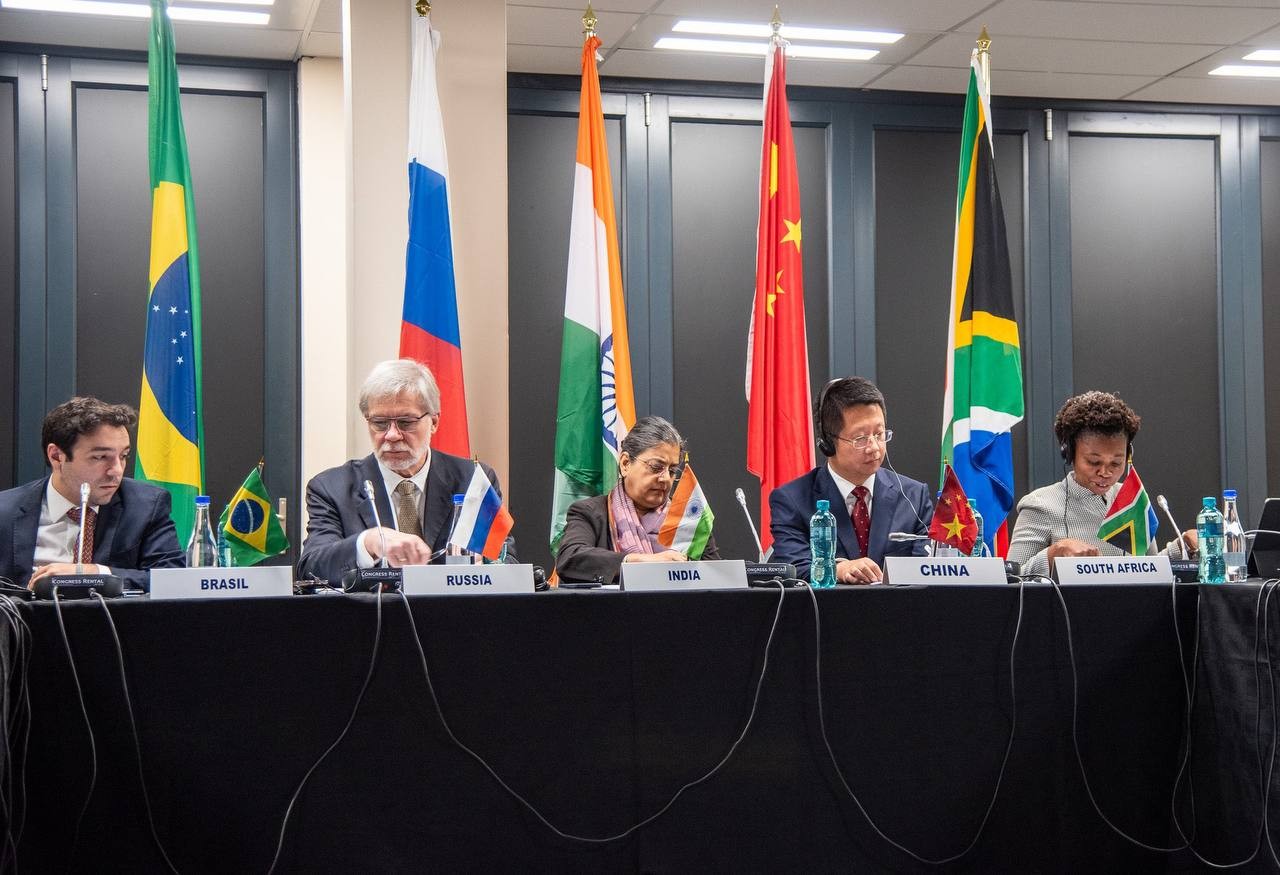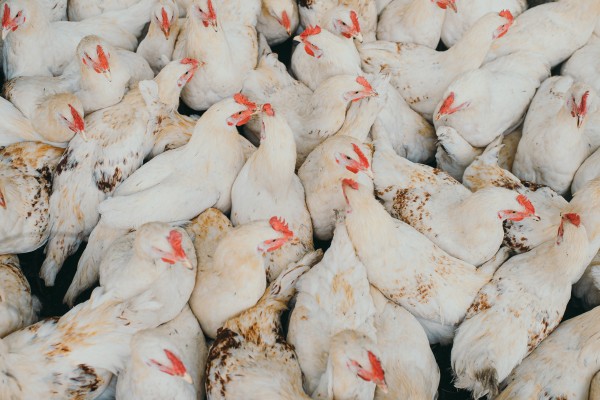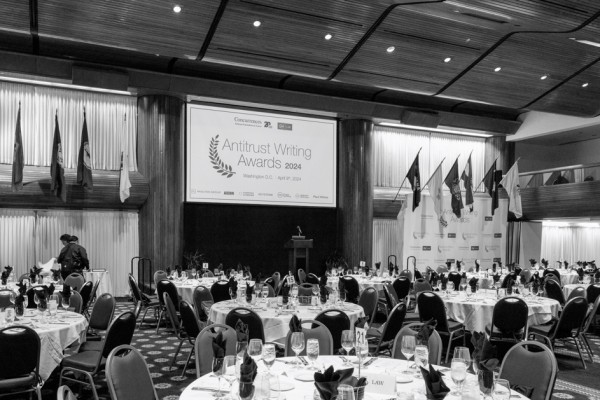On September 27, Alexey Ivanov, Director of the BRICS Competition Centre, as a member of the Russian delegation took part in the BRICS Heads of Competition Authorities Meeting held in Johannesburg (South Africa) on the eve of the 17th Annual Competition Law, Economics and Policy Conference.
The meeting discussed, among others, recent developments in the BRICS competition authorities, issues of cooperation and current formats of collaboration. In particular, they discussed the prospects for further cooperation in research on competition issues in socially important markets, as well as preparations for the 8th BRICS Competition Conference to be held in October in New Delhi, India.
Andrey Tsyganov, Head of the Russian delegation, Deputy Head of the Federal Antimonopoly Service of Russia, noted in his speech the important expert role of the BRICS Competition Centre, thanks to which the voice of the BRICS countries has become more audible on the world stage. Tsyganov emphasized that there is a lot of work ahead, taking into account the accession of six more countries to BRICS.
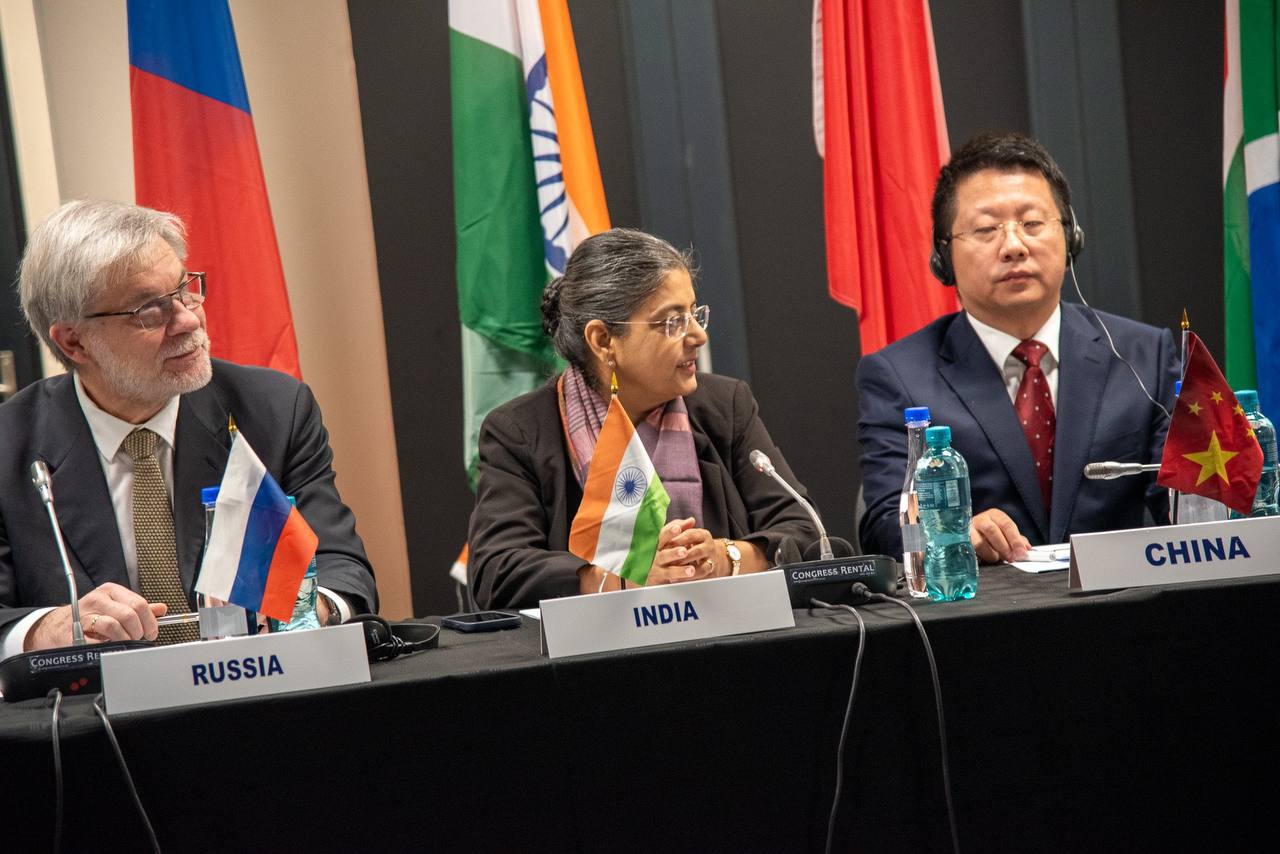
Alexey Ivanov addressed the current research agenda of the BRICS Centre. The most important task of the Centre is to build partnerships with the global academic community and fully participate in the market of ideas production. According to Ivanov, academic institutions of the BRICS countries are not involved in this process to the extent they deserve.
"There is an imbalance between the economic and social role of the BRICS countries in the world and the lack of new ideas, visions and concepts produced by them. This imbalance must be addressed through the cooperative mechanisms that are already in place within BRICS. Our challenge is to create a demand for BRICS-focused competition research. The BRICS Centre is already working in this direction - we have established partnerships with universities, think tanks and focus groups."
The ideas and approaches of developing countries are often criticized by established institutions, which often fail to take into account the peculiarities and interests of developing economies. South Africa, for example, has faced severe criticism from the OECD for its commitment to Public Interest Consideration in its competition policy. The Competition Commission of South Africa always takes into account a number of social factors when making decisions, in particular, the interests of "historically disadvantaged persons" (persons who have been socially, economically or educationally disadvantaged by past discriminatory laws or practices). As a result, the Commission may impose additional requirements on companies when approving M&A transactions.
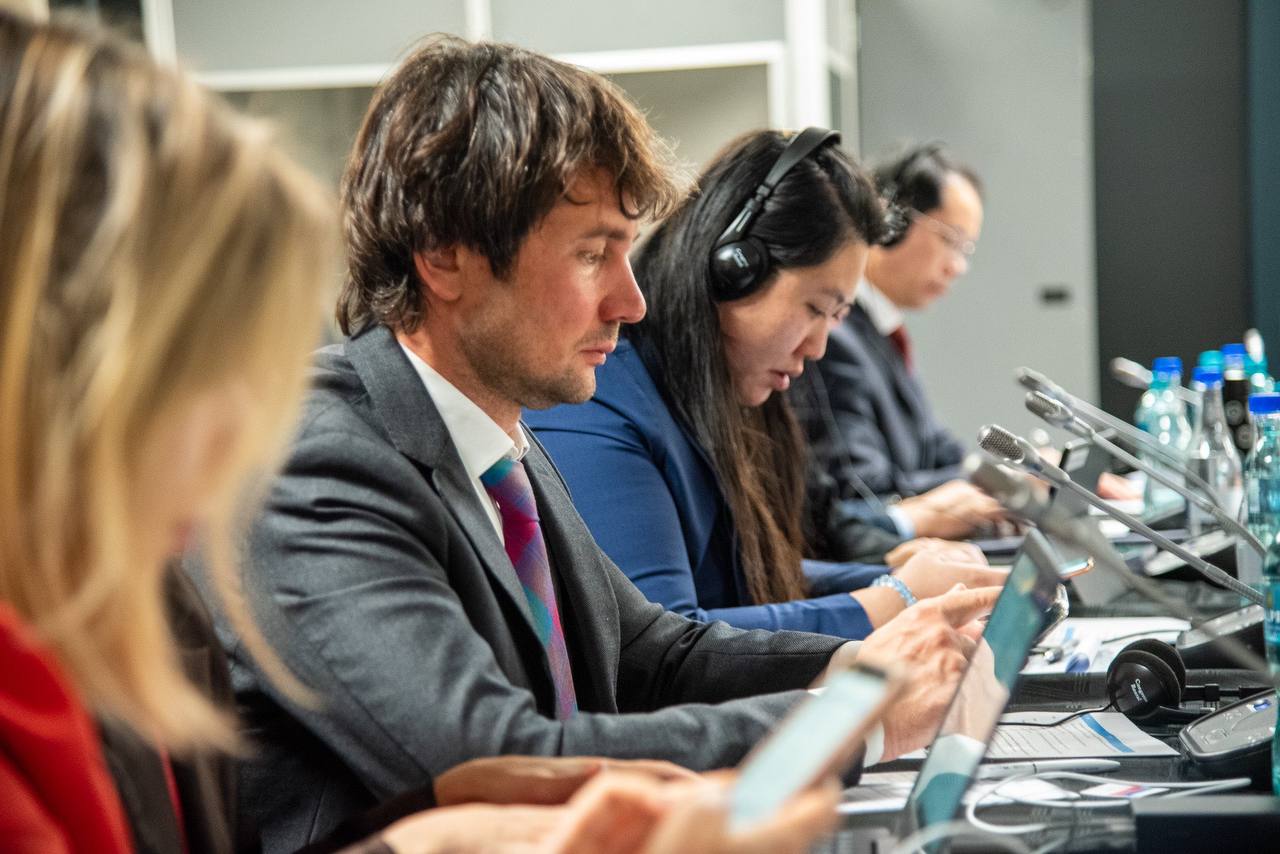
The BRICS Centre is trying to advocate a kind of "BRICS thinking" with regard to current competition issues, Ivanov emphasized. The Centre's experts study the impact of global food value chains on consumer prices and welfare in the BRICS countries. In addition, digital ecosystems and their impact on the economy and competition, as well as remedies that can be used to change the behavior of digital platforms, are being investigated.
"Addressing all these challenges requires new thinking and academic support. Through our research and reports focused on the BRICS countries, we are trying to give regulators new tools, a new way of dealing with the current complex reality. To meet the challenges of the 21st century, we need to be properly equipped. I hope that slowly but steadily we will be able to create a more sustainable platform for this kind of academic research,"
Ivanov said.
The Director of the BRICS Competition Centre also noted the importance of cooperation between competition authorities and academic institutions of the BRICS member states. Joint activities include a conference on competition in digital markets in Rio de Janeiro (Brazil), which the BRICS Centre organizes jointly with the FGV University. In addition, seminars are regularly organized, including with the participation of scholars from Western countries who share the ideas of the BRICS participants. In October, at the 8th BRICS Competition Conference in India, experts from the BRICS Competition Centre will present a report on sustainability and competition law. It considers sustainability not only in the context of ecology, but also taking into account socio-economic issues — inequality, hunger, exclusion of some countries from decision-making on global issues, etc.
"Now many organizations, such as the International Competition Network (ICN), are becoming very politicized. For example, China is not a member of ICN, Russia has been excluded from ICN, so at least two of the BRICS countries are no longer members. These changes only reinforce Western optics and interests in the ICN's work, which is of some concern. To ensure competition in the global market of antitrust policy ideas, we must provide our own platform, our own source of demand for the production of academic papers,"
Alexey Ivanov is convinced.
The meeting also featured Doris Tshepe, Head of the Competition Commission of South Africa; Victor Oliveira Fernandes, Commissioner of Brazil's Administrative Council for Economic Defense (CADE); Ravneet Kaur, Chairman of the Competition Commission of India (CCI); Gan Lin, Head of China's State Anti-Monopoly Bureau, Deputy Head of the State Administration for Market Regulation of China (SAMR), and others.
The 17th Annual Competition Law, Economics and Policy Conference takes place on September 28-29 in Johannesburg, South Africa. During the event, global competition law experts, economists, academics and industry stakeholders will delve into critical issues around competition regulation, enforcement, transformation and the development of appropriate legal standards within the field. Conference participants will share their insights on the current state of competitive markets and the path toward fostering an inclusive, growing and deconcentrated economy. The theme of this year's conference: "Towards Competitive Markets, Transformation and Deconcentration".
